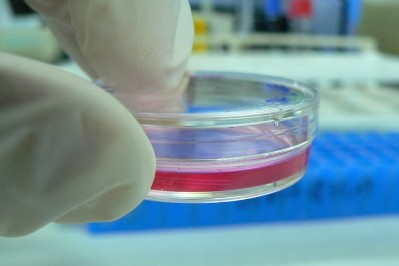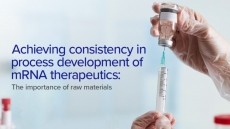Biopharma reliant on 'try before you buy' model say CAPEX heavy vendors

Last month, MilliporeSigma - the life science tools and services division of Germany’s Merck - announced it is building a $115m M Lab Collaboration Center in Burlington, Massachusetts to offer customers the chance to view and test bioprocessing equipment before they buy.
But in an age where ecommerce, evolving online technologies and even virtual reality systems have transformed sales and marketing in nearly every other industry, we asked why is this sort of capital intensive sales model still necessary in the bioprocessing space?
“Many of our customers have told us that there is no substitute for a hands-on experience,” said Daniel Stamm, EVP of process solutions commercial at Merck. “Being able to evaluate the products in a real lab that emulates their own process is an invaluable part of their product evaluation process.”
On top of the Burlington investment, MilliporeSigma is relaunching the M Lab services across eight global sites from France to Souith Korea (opening later this year), though Stamm could not disclose how much this would cost.
Cost-effectiveness
Umay Saplakoglu, who heads up GE Healthcare’s Fast Trak business, told Biopharma-Reporter.com that despite operating eight regional centers around the globe with over 100 dedicated scientists offering training and education, the results outweigh the costs.
“The question of cost-effectiveness is not straight forward – nothing can currently fully replace personal contact, in depth process discussions and analysis,” she said.
“The hands-on experience together with expert scientists facilitates customers getting dedicated help with their individual processes and so such facilities are vital.”
Why bioprocessing?
And according to Pall’s director of marketing Ian Sellick, “the bioprocess industry will likely always need a hands-on model, because of the unique regulatory landscape.”
His firm has a global network of Scientific and Laboratory Services (SLS) facilities, which – similar to Merck and GE – offers customers product testing and application support.
“Customers absolutely have to be able to demonstrate that their process operates reliably and reproducibility, while meeting various regulatory requirements for risk mitigation and patient safety.”
MilliporeSigma’s Stamm agreed, adding “customers are under great pressure to reduce development costs and increase production efficiency, and [such] centers address those needs.”


















